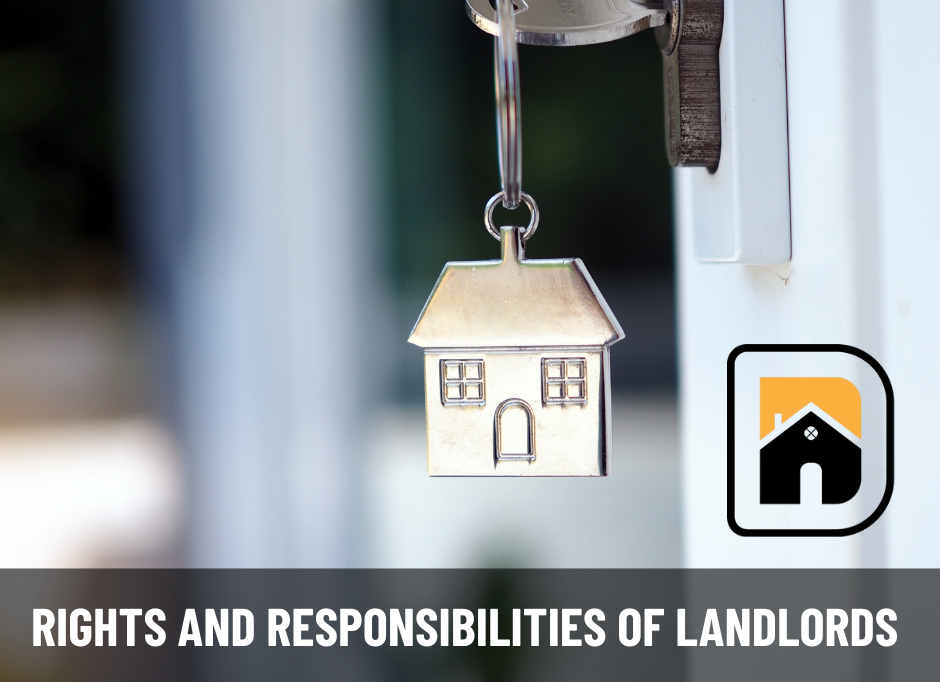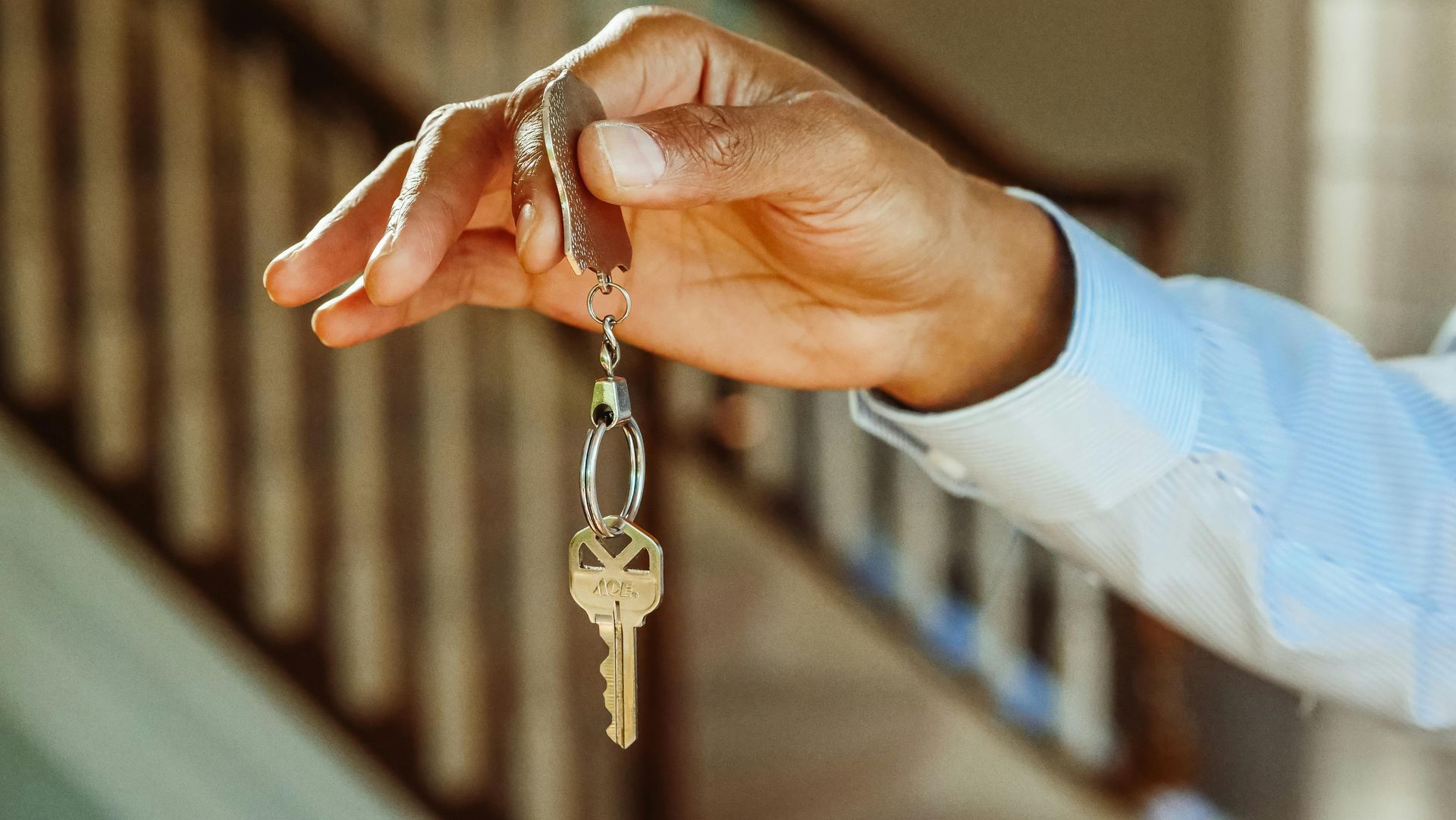Rights and Responsibilities of Landlords

In today’s rental market, being a landlord comes with both legal duties and ethical obligations. Along with these responsibilities, landlords also have specific rights tied to property ownership. Understanding the balance between the two is essential to maintaining a positive landlord-tenant relationship and running a successful rental business.
Landlord Rights
1. The Right to Rent
Landlords have the right to rent out their property at a mutually agreed-upon price. This includes setting lease terms that comply with local housing regulations.
2. The Right to Collect Rent
Once a lease is signed, landlords have the right to collect rent according to the terms outlined in the agreement. Prompt and consistent payment ensures financial stability for both parties.
3. The Right to Evict
If a tenant fails to pay rent or violates the lease agreement, landlords have the legal right to begin the eviction process (provided they follow proper legal procedures and give required notice).
4. The Right to Enter the Property
Landlords may enter the rental unit for legitimate reasons such as repairs, emergencies, or property showings. However, they must give tenants reasonable notice before doing so.
Landlord Responsibilities
1. Maintain a Habitable Property
It is a landlord’s duty to ensure the property remains safe and livable. This includes handling repairs promptly, maintaining the structure, and providing essential services like heat, water, and electricity.
2. Respect Tenant Privacy
While landlords have rights to access the property under certain circumstances, they must respect tenants’ privacy and provide adequate notice before entering the premises.
3. Comply with Housing Laws
Landlords must follow all federal, state, and local housing regulations. This includes non-discrimination laws, safety codes, and fair housing practices.
4. Return Security Deposits Promptly
At the end of the lease, landlords must return the tenant’s security deposit—unless deductions are necessary for unpaid rent or damages that exceed normal wear and tear.
Building a Better Landlord-Tenant Relationship
Successful property management isn’t just about owning real estate, it’s about building trust, communication, and mutual respect. Understanding and upholding these rights and responsibilities lays the foundation for a healthy, long-term rental relationship.





